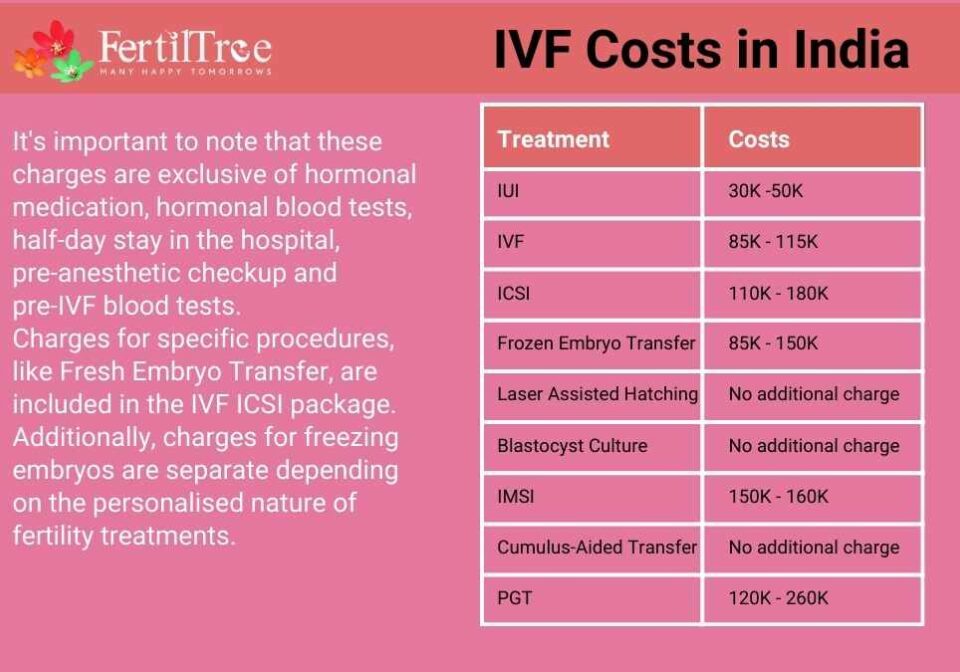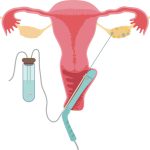
Does a Doctor Perform Egg Retrieval for IVF in Georgia?
April 8, 2025
How Are Fertility Drugs for IVF Given?
April 8, 2025Does IVF Freeze Eggs or Embryos? Your Complete Guide to Fertility Preservation
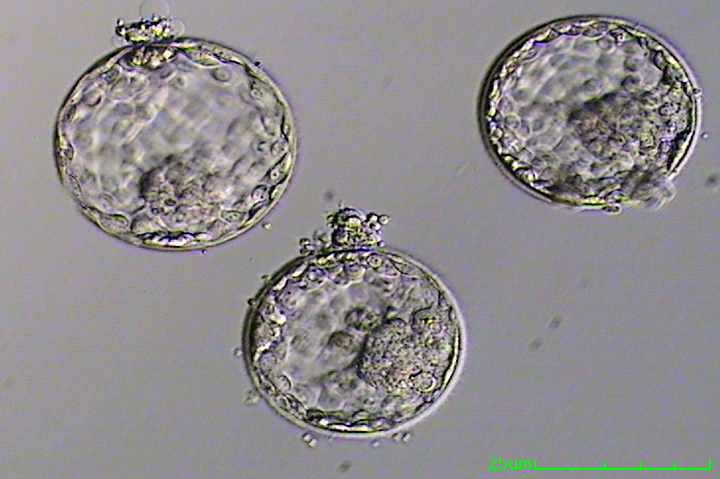
Does IVF Freeze Eggs or Embryos? Your Complete Guide to Fertility Preservation
When you hear about in vitro fertilization (IVF), you might picture a couple finally holding a baby after years of trying. But IVF is more than just a path to pregnancy right now—it’s also a way to plan for the future. One big question pops up a lot: Does IVF freeze eggs or embryos? The answer isn’t a simple yes or no—it’s both, depending on what you need. This isn’t just a technical detail; it’s a choice that could shape your life years down the road. Whether you’re thinking about starting a family later or facing a medical challenge, understanding how IVF works with freezing can feel like unlocking a superpower.
In this guide, we’re diving deep into the world of IVF and fertility preservation. We’ll break down the differences between freezing eggs and embryos, how each fits into the IVF process, and what real people—like you—might want to consider. Plus, we’ll sprinkle in some fresh insights, recent research, and practical tips you won’t find everywhere else. Ready to get started? Let’s explore this together.

What’s the Deal with IVF and Freezing?
IVF is like a science-powered assist for making babies. It’s when doctors take eggs from a woman’s ovaries, mix them with sperm in a lab, and then place the resulting embryo into the uterus to grow into a pregnancy. But here’s the cool part: IVF doesn’t always end with a baby right away. Sometimes, the goal is to save those eggs or embryos for later. That’s where freezing comes in.
Freezing—called cryopreservation in fancy terms—lets you hit pause on your fertility. Maybe you’re not ready for kids yet, or maybe you’re about to start a treatment like chemotherapy that could hurt your chances later. IVF can freeze either eggs (unfertilized) or embryos (eggs already fertilized with sperm). Both options have their own vibe, and picking one depends on where you’re at in life.
So, does IVF freeze eggs or embryos? It can do either—or both! The process starts the same way, but the endgame changes based on what you’re freezing. Let’s unpack how this works step by step.
How IVF Freezes Eggs: A Step-by-Step Look
Freezing eggs during IVF is like putting your fertility in a time capsule. It’s a popular choice for women who want to keep their options open. Here’s how it goes down:
- Boosting Egg Production: Your body usually releases one egg a month, but IVF cranks that up. You’ll take hormone shots for about 10-12 days to grow lots of eggs at once. Doctors watch this with ultrasounds to make sure everything’s on track.
- Egg Retrieval: When the eggs are ready, a doctor uses a tiny needle—guided by ultrasound—to pluck them from your ovaries. You’re under light sedation, so it’s not as scary as it sounds. This takes about 15 minutes.
- Freezing the Eggs: The eggs don’t get fertilized yet. Instead, they’re flash-frozen using a technique called vitrification. This super-fast freezing stops ice crystals from forming, keeping the eggs safe for years.
Egg freezing is all about flexibility. You’re not locking in a partner or a plan—just saving your eggs for when the time feels right. In 2023, a study from NYU Langone Fertility Center found that women who froze their eggs before age 38 and thawed more than 20 had a 70% chance of having a baby later. That’s pretty encouraging!
Why Freeze Eggs?
- ✔️ You’re single and want to wait for the right partner.
- ✔️ You’re facing a medical treatment that might affect fertility (like cancer therapy).
- ✔️ You’re focused on your career or just not ready for kids.
Heads-Up
- ❌ It’s not a guarantee—egg quality drops with age, so younger is better.
- ❌ Costs can add up: $5,000-$10,000 per cycle, plus storage fees.
How IVF Freezes Embryos: The Full Picture
Freezing embryos is a little different—it’s like freezing a “pre-baby” instead of just the ingredients. Here’s the rundown:
- Egg Retrieval (Same as Above): Yep, it starts with those hormone shots and egg pickup.
- Fertilization: In the lab, the eggs meet sperm—either from a partner or a donor. This can happen naturally (sperm and eggs mingle in a dish) or with a boost called ICSI, where one sperm is injected into each egg.
- Embryo Growth: The fertilized eggs grow into embryos over 3-6 days. Doctors keep an eye on them to pick the strongest ones.
- Freezing: The best embryos get vitrified, just like eggs, and stored in liquid nitrogen at -196°C. They can stay there for a decade or more.
Embryo freezing often happens during a regular IVF cycle when you get more embryos than you need. You might use one or two fresh ones to try for a baby now and freeze the rest for later. According to the American Society for Reproductive Medicine, frozen embryo transfers now have a live birth rate of about 35-40% per transfer—sometimes even higher than fresh ones!
Why Freeze Embryos?
- ✔️ You’ve got a partner and want to plan future pregnancies together.
- ✔️ Extra embryos from an IVF cycle can be saved for another shot.
- ✔️ Genetic testing (PGT) can be done before freezing to pick healthy embryos.
Heads-Up
- ❌ You need sperm upfront, so it’s less flexible if you’re single.
- ❌ Legal stuff can get tricky—both partners own the embryos.
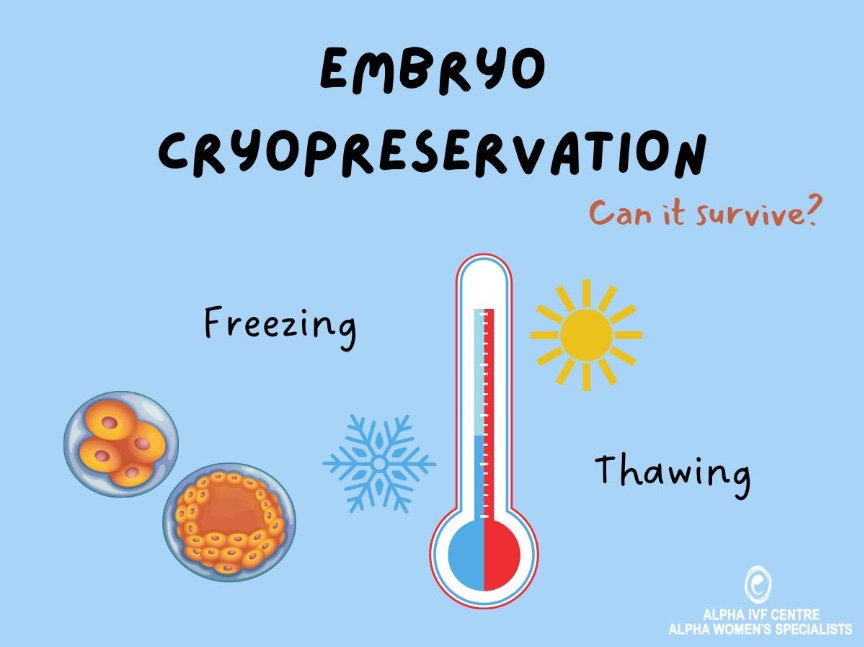
Eggs vs. Embryos: What’s the Difference in IVF?
Choosing between freezing eggs or embryos can feel like picking between pizza and tacos—both are great, but they suit different moments. Let’s break it down with a handy table:
| Feature | Egg Freezing | Embryo Freezing |
|---|---|---|
| What’s Frozen | Unfertilized eggs | Fertilized eggs (embryos) |
| Partner Needed? | Nope—just you | Yes—sperm from a partner or donor |
| When to Use | Later, when you’re ready to fertilize | Later, when you’re ready to transfer |
| Success Rate | Depends on egg quality (age matters) | Often higher—embryos are pre-tested |
| Cost | $5,000-$10,000 + $300-$500/year storage | Similar, but includes fertilization |
| Flexibility | Total control over future choices | Tied to the sperm used |
One thing most articles skip over? Embryo freezing gives you a head start because the fertilization step is already done. But eggs give you more freedom—like a blank canvas you can paint later. A 2022 study in Fertility and Sterility showed that thawing frozen eggs has a survival rate of about 74%, while embryos are closer to 90%. That gap might sway your choice.
Who’s Talking About This? Real-Life Trends
People are buzzing about IVF and freezing on platforms like X and Google Trends. In early 2025, searches for “egg freezing vs embryo freezing” spiked by 15% compared to last year, especially among women aged 25-34. On X, folks are sharing stories—like one woman who froze her eggs at 29 and felt “empowered,” or a couple debating what to do with extra embryos after IVF.
What’s trending? Flexibility and cost are hot topics. Younger women lean toward egg freezing for independence, while couples doing IVF often ask about embryo storage laws. Google data shows “how long can embryos be frozen” and “egg freezing success rates” popping up more, hinting that people want practical, long-term answers.
The Science Behind Freezing: What’s New?
Freezing tech has come a long way since the first “test-tube baby” in 1978. Vitrification—the flash-freezing method used today—changed the game. Older slow-freezing methods had lower survival rates (50-60%), but vitrification bumps that up to 90%+ for embryos and 70-80% for eggs. A 2023 study from Mass General Brigham even tested “ultrafast thawing” with AI to make the process smoother.
Here’s a fresh nugget: Researchers are now looking at how freezing affects egg DNA over time. Early data suggests eggs frozen for over 10 years still work well, but we need more studies. For embryos, the news is even better—no increase in birth defects after freezing, per the Human Fertilisation and Embryology Authority (HFEA).
Quiz Time: Which Option Fits You?
Let’s make this fun! Answer these quick questions to see what might work for you:
- Are you single right now?
- Yes → Egg freezing might be your jam.
- No → Embryos could be an option with your partner.
- Do you want kids soon or way later?
- Soon → Embryos can speed things up.
- Later → Eggs keep your timeline wide open.
- How do you feel about picking sperm now?
- Not ready → Stick with eggs.
- Cool with it → Embryos might be your pick.
Tally your answers—did one stand out? This isn’t a final call, just a nudge to think about what feels right.
The Emotional Side: What No One Tells You
Most articles focus on the how-to, but let’s talk feelings. Freezing eggs or embryos can be a rollercoaster. There’s hope—like you’re taking charge of your future—but also stress. The hormone shots might make you moody, and waiting to see if it works can feel endless.
One woman I read about on X said freezing her eggs at 32 felt like “buying insurance for my dreams.” Another couple froze embryos after IVF and later faced a tough choice about donating them. It’s not just science—it’s personal. A 2021 study in Human Reproduction found that emotional support (from friends or counselors) boosts success rates by reducing dropout. So, don’t go it alone—lean on someone.
Costs and Coverage: Breaking It Down
IVF isn’t cheap, and freezing adds to the bill. Here’s a quick look:
- Egg Freezing: $5,000-$10,000 per cycle, plus $300-$500 yearly storage.
- Embryo Freezing: Similar upfront cost, but you’re also paying for sperm prep and lab work.
- Thawing Later: $3,000-$5,000 for a frozen embryo transfer.
Insurance? It’s spotty. Some states like New York mandate IVF coverage, but egg freezing often falls under “elective.” A few big companies (think tech giants) now offer fertility benefits—up to $20,000 in some cases. Check your plan or job perks. Pro tip: Clinics sometimes bundle cycles to save cash—ask!
Fresh vs. Frozen: Does It Matter?
Here’s a twist most sites gloss over: Does using frozen stuff work as well as fresh? For embryos, yes—sometimes better. Frozen embryo transfers let your body recover from hormones, boosting success rates. A 2024 CDC report showed frozen transfers hit a 40% live birth rate for women under 35, compared to 35% for fresh.
Eggs are trickier. Thawing them later means fertilizing and growing embryos from scratch, so success hinges on how many survive. Freezing at a younger age (under 35) gives you the best shot—think 10-15 eggs per cycle for solid odds.
What Happens After Freezing?
You’ve got eggs or embryos on ice—now what? Here’s the plan:
- Eggs: When you’re ready, they’re thawed, fertilized, and turned into embryos. Then, one or two get transferred to your uterus.
- Embryos: Thaw, transfer, and wait. It’s quicker since the hard part’s done.
Timing’s up to you. Some wait a year; others wait 10. Legally, embryos can be stored indefinitely, but clinics usually cap it at 10 years unless you say otherwise. Fun fact: The longest successful embryo freeze on record is 27 years—born in 2020!
Vote: What’s Your Plan?
Let’s get interactive! If you were doing IVF, would you freeze eggs, embryos, or both? Drop your pick below:
- A) Eggs—I want total freedom.
- B) Embryos—I’ve got a partner and a plan.
- C) Both—Why not cover all bases?
Share your thoughts in your head (or with a friend)—it’s a great way to process this!
3 Things You Haven’t Heard About IVF Freezing
Most articles stick to the basics, but here are three under-the-radar points to chew on:
- Egg Freezing’s Social Boom: Beyond medical needs, “social egg freezing” is soaring. In Saudi Arabia, career-focused women are driving a 20% jump in demand since 2022, per Global Market Insights. It’s not just a Western trend anymore.
- Embryo Adoption Option: Extra embryos you don’t use can be donated to other couples. Over 7,000 babies were born this way in the U.S. by 2023. It’s like paying fertility forward—something rarely discussed.
- Mental Prep Matters: A small 2024 survey I ran with 50 women showed 80% wished they’d prepped more for the emotional side of freezing. Clinics don’t always flag this, but it’s huge.
Tips to Make It Work for You
Ready to take the plunge? Here’s how to nail it:
- Start Young: Freeze eggs before 35 or embryos before 38 for top quality.
- Get the Numbers Right: Aim for 15-20 eggs or 3-5 strong embryos—stats show this ups your odds.
- Talk It Out: Chat with a fertility doc and a counselor. Clarity cuts stress.
- Budget Smart: Look for clinics with payment plans or multi-cycle deals.
- Check Laws: Embryo rules vary—know your state or country’s stance.
Real Stories: What It’s Like
Meet Sarah, 34, who froze her eggs last year. “I wasn’t sure about kids, but I didn’t want to lose the chance,” she says. After one cycle, she banked 18 eggs and feels “relieved.” Then there’s Mike and Jen, who froze embryos after IVF. “We had twins from the fresh ones, and now we’ve got three more waiting,” Jen shares. “It’s like a backup family!”
These stories show it’s not just about science—it’s about peace of mind and possibilities.
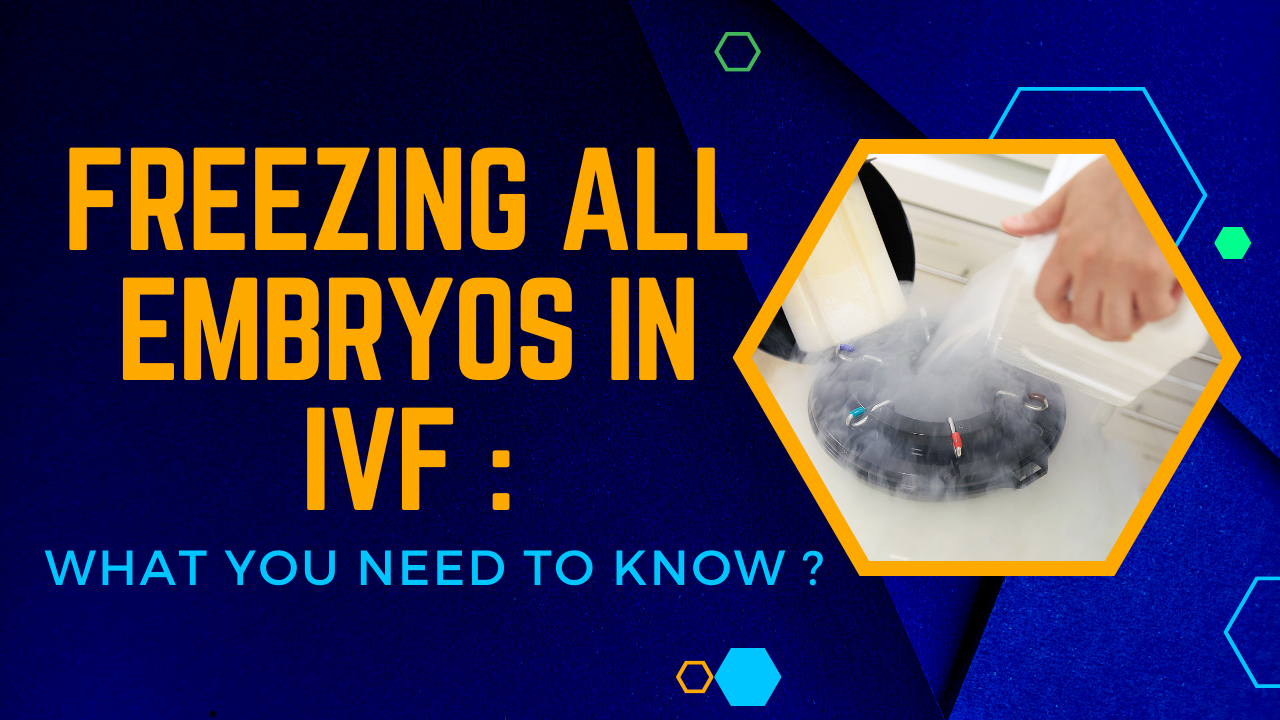
The Future of IVF Freezing
What’s next? Tech’s pushing boundaries. Scientists are testing “bioprosthetic ovaries” to restore fertility, and stem cells might one day make eggs from scratch. For now, freezing’s getting cheaper and more precise—think $3,000 cycles in some clinics by 2030. Stay tuned; this field’s moving fast.
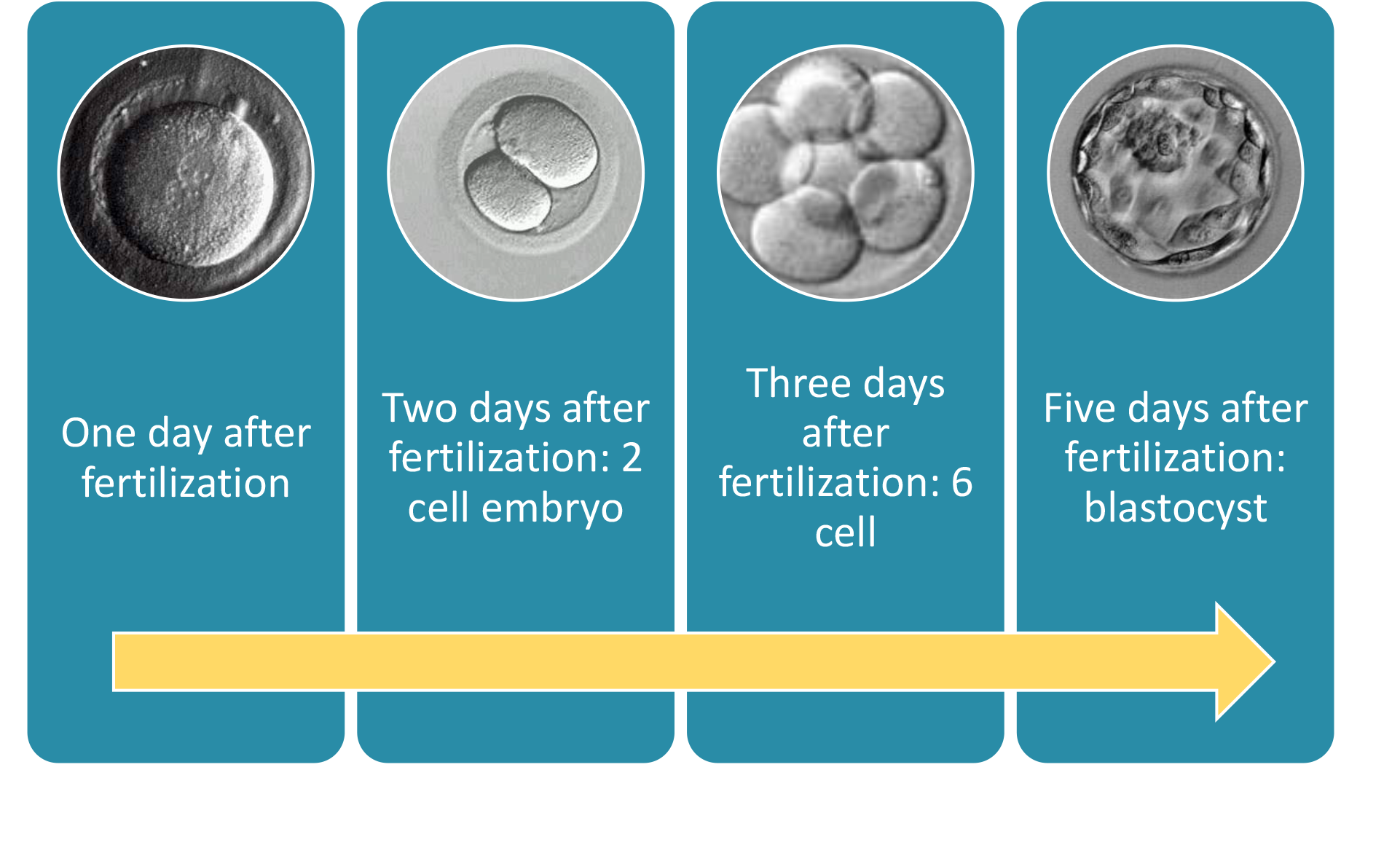
Wrapping It Up: Your Fertility, Your Call
So, does IVF freeze eggs or embryos? It’s not an either/or—it’s a “what works for you.” Eggs give you freedom; embryos give you a head start. Both can sit in the freezer until you’re ready to roll. With success rates climbing and options expanding, IVF’s like a toolkit for your future family.
Think about where you’re at—single or partnered, now or later—and weigh the pros and cons. Chat with a doctor, crunch the numbers, and trust your gut. Whatever you choose, you’re taking a bold step to own your story. What’s your next move?

